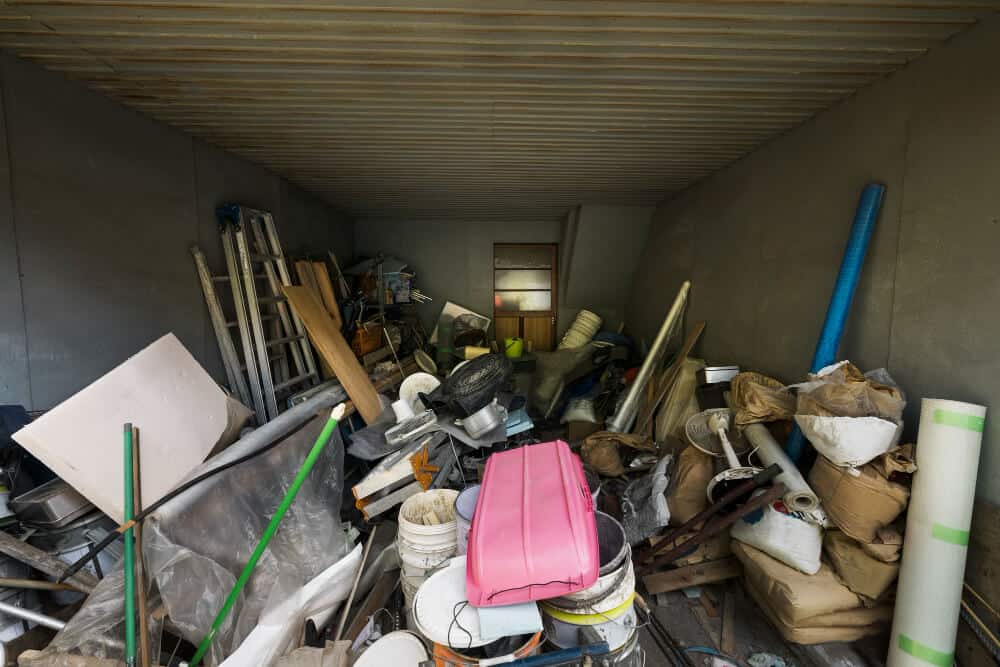
Recycling is more important now than ever before. As environmental concerns continue to grow, more people are looking for ways to reduce their carbon footprint. One of the most effective ways to do this is by using a recycling center. Whether you’re an eco-conscious individual or a business owner, recycling centers offer a convenient and efficient way to dispose of waste responsibly. In this guide, we’ll cover everything you need to know about recycling centers, including how to find one, what materials they accept, and tips for making the most of your recycling efforts.
What is a Recycling Center?
A recycling center is a facility where recyclable materials are collected, sorted, and processed for reuse. These centers play a crucial role in the recycling process, ensuring that items such as paper, glass, plastic, and metals are kept out of landfills and repurposed into new products. Recycling centers are essential for reducing waste, conserving natural resources, and minimizing environmental pollution.
Why Use a Recycling Center?
Using a recycling center has numerous benefits:
- Environmental Protection: Recycling reduces the need for raw materials, which in turn lowers the environmental impact of mining, logging, and other extractive activities. It also decreases greenhouse gas emissions by reducing the energy required to manufacture new products.
- Resource Conservation: Recycling conserves natural resources like water, minerals, and timber. By reusing materials, we reduce the strain on these limited resources.
- Waste Reduction: Recycling centers help reduce the amount of waste that ends up in landfills. This not only extends the life of existing landfills but also minimizes the need to create new ones.
- Economic Benefits: The recycling industry creates jobs and generates revenue. Many products made from recycled materials are also less expensive to produce, which can lead to lower prices for consumers.
How to Find a Recycling Center Near You
Finding a recycling center is easier than you might think. Here are some tips to help you locate one in your area:
- Online Search: Use search engines to look for recycling centers near you. Simply type in “recycling center near me” and you’ll get a list of local facilities. Websites like Earth911 and RecycleNation offer searchable databases of recycling centers.
- Local Government Websites: Many municipalities provide information about local recycling programs and centers on their official websites. This can be a reliable source of up-to-date information.
- Community Resources: Check with local community centers, libraries, and environmental organizations. They often have information about local recycling options and may even host recycling events.
- Mobile Apps: Several mobile apps, such as iRecycle and Recycle Coach, can help you find recycling centers and provide information on what materials are accepted.
What Materials Can You Recycle?
Recycling centers accept a wide variety of materials, but it’s important to know what can and cannot be recycled. Here are some common recyclable materials:
- Paper: Newspapers, magazines, office paper, cardboard, and paperboard can all be recycled. Make sure to remove any non-paper components like plastic windows or staples.
- Glass: Most glass containers, such as bottles and jars, are recyclable. Rinse them out and remove any lids or caps before recycling.
- Plastic: Many types of plastic can be recycled, including bottles, containers, and certain types of packaging. Look for the recycling symbol with a number inside to determine if a plastic item is recyclable.
- Metals: Aluminum cans, steel cans, and tin cans are commonly accepted at recycling centers. Make sure to rinse them out and remove any labels if possible.
- Electronics: Many recycling centers accept electronic waste (e-waste), such as computers, phones, and other devices. Check with your local center to see if they accept e-waste and if there are any special requirements for dropping off these items.
- Batteries: Some recycling centers accept batteries, but it’s important to check which types they accept. Commonly recycled batteries include car batteries, rechargeable batteries, and certain types of household batteries.
Tips for Using a Recycling Center
To make the most of your recycling efforts, follow these tips:
- Sort Your Materials: Pre-sorting your recyclables can save time and ensure that items are properly processed. Separate paper, glass, plastic, and metal into different bins or bags.
- Clean Your Recyclables: Rinse out containers to remove any food residue. This helps prevent contamination and ensures that the materials can be effectively recycled.
- Check for Special Requirements: Some items, like electronics or hazardous materials, may have special drop-off requirements. Check with your local recycling center to see if there are any guidelines you need to follow.
- Know What Not to Recycle: Not all materials can be recycled. Items like plastic bags, Styrofoam, and certain types of plastic may not be accepted. Check with your recycling center to see what they do not accept.
- Stay Informed: Recycling guidelines can change over time, so it’s important to stay informed about what your local center accepts. Regularly check their website or contact them for updates.
Common Recycling Myths
There are several misconceptions about recycling that can lead to confusion. Here are a few common myths debunked:
- Myth: Everything with a recycling symbol can be recycled.
- Reality: The recycling symbol indicates that the item is recyclable, but it doesn’t guarantee that your local center accepts it. Always check with your local facility.
- Myth: It’s okay to recycle dirty containers.
- Reality: Contaminated recyclables can spoil an entire batch of recycling. Always rinse out containers before recycling them.
- Myth: Recycling uses more energy than it saves.
- Reality: Recycling generally uses less energy than producing new materials from raw resources. For example, recycling aluminum saves 95% of the energy required to make new aluminum from bauxite ore.
- Myth: One person’s recycling efforts don’t make a difference.
- Reality: Every little bit helps. Individual efforts can add up to significant environmental benefits when practiced by many people.
Conclusion
Using a recycling center is a simple yet powerful way to contribute to environmental sustainability. By understanding what materials can be recycled, knowing how to find a recycling center, and following best practices for recycling, you can make a significant impact. Not only will you be helping to conserve natural resources and reduce pollution, but you’ll also be supporting an industry that creates jobs and promotes economic growth. Start recycling today and be a part of the solution for a greener, cleaner planet.


